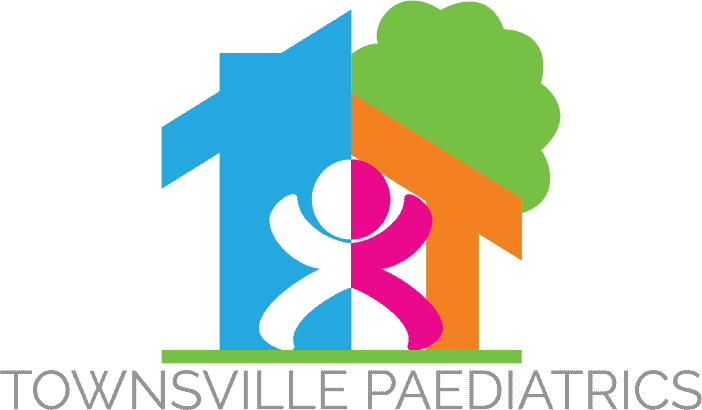Many children can experience challenges with reading, writing, or performing other learning-related tasks at some point, without it being a learning disorder. A child with a learning disorder often has a number of related challenges that tend to not go away or get better over time, even when overall intelligence or motivation is not affected. Given that the brain of a child is developing at a fast rate, creating a crucial and opportune time for learning, early identification and intervention are vital. It’s important to note that the signs of learning disabilities vary from child to child and they may not experience all signs.
Common Learning Disabilities and Their Signs
Dyslexia
Children with dyslexia usually have trouble making the connection between letters and sounds, and with spelling and word recognition. Other signs are having a hard time understanding what others are saying, difficulty organising written and spoken language, difficulty expressing thoughts or feelings, difficulty understanding questions and following directions, trouble telling left from right.
Dysgraphia
A child who has trouble writing or has very poor handwriting and does not outgrow it may have dysgraphia. This disorder may cause a child to be tense and twist awkwardly when holding a pen or pencil. Other signs may include a strong dislike of writing and/or drawing, problems with grammar, and trouble writing down ideas in a logical sequence.
Dyscalculia
Signs of Dyscalculia include problems understanding basic arithmetic concepts, such as fractions, number lines, and positive and negative numbers. Other challenges may include difficulty with math-related word problems, trouble making change in cash transactions, messiness in putting math problems on paper.
What You Can Do For Your Child
1. Have regular conversations with your child’s teacher, as they monitor your child’s learning.
2. Keep an eye out for the above signs, and speak to your GP about these signs, to explore the need for a referral for further screening / assessment.
3. Don’t take the “wait and see” approach: there is no time to wait when there are concerns about a child’s learning and development, and there is no harm in screening. Early identification leads to early intervention, key in preventing further challenges during those crucial years of your child’s brain development.
Connect with us at Townsville Paediatrics if you have any concerns about your child’s development.

